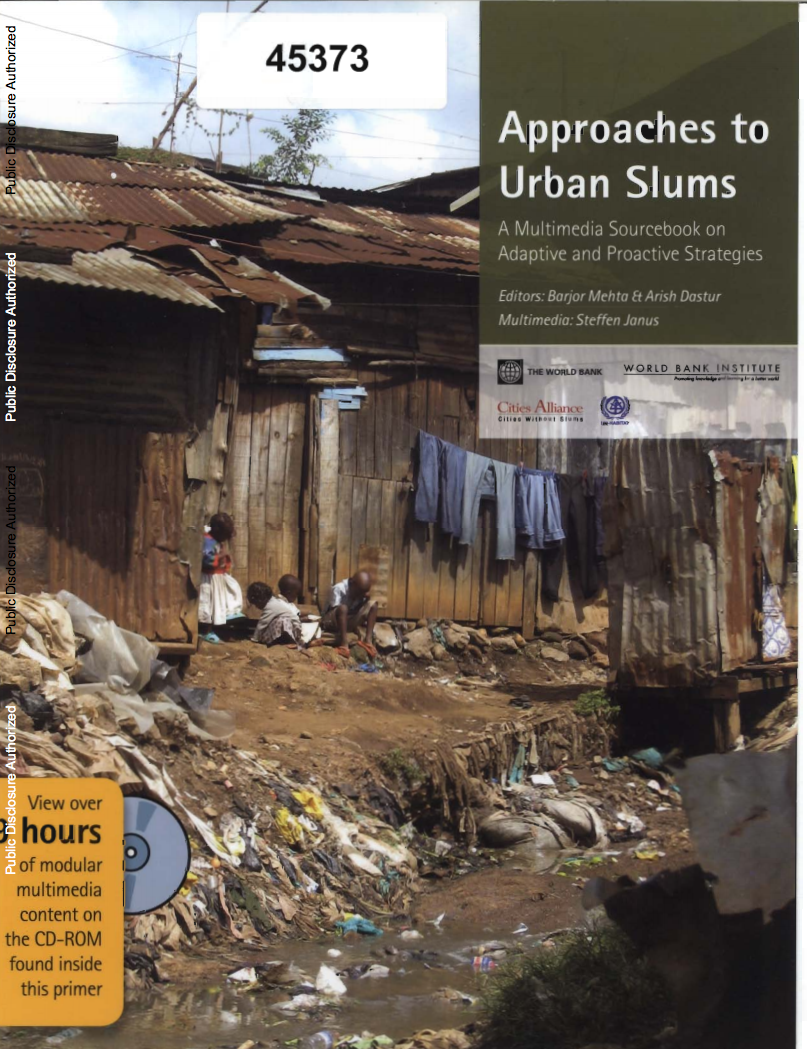Tackling Poverty in Northern Ghana
Twenty years of rapid economic
development in Ghana has done little, if anything, to reduce
the historical North, South divide in standards of living.
While rural development and urbanization have led to
significant poverty reduction in the South, similar dynamics
have been largely absent from Northern Ghana (or
equivalently the North, defined as the sum of the
administrative regions Upper West, Upper East, and the


